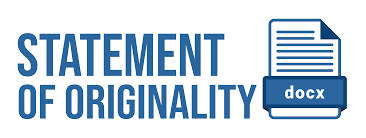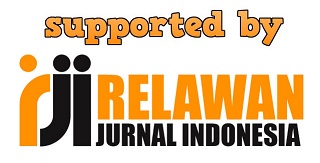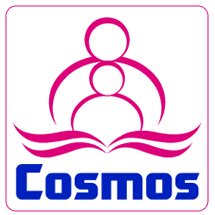Improving Students' Reading Comprehension through SQ3R Method: A Study at SMPN 2 Kampar Kiri
DOI:
https://doi.org/10.61672/eji.v9i1.2883Keywords:
SQ3R Reading Method, Reading Comprehension, Narrative Text, English Language Teaching, Students ImprovementAbstract
This study investigates the improvement of the SQ3R (Survey, Question, Read, Recite, Review) reading method in enhancing reading comprehension among third-year students at SMPN 2 Kampar Kiri. The research aims to identify the extent to which SQ3R improves reading comprehension. The study employs a quantitative approach, analyzing students' scores before and after implementing SQ3R. The findings of this study indicate that the SQ3R method significantly improved reading comprehension among third-year students at SMPN 2 Kampar Kiri. Students who used the method showed better understanding and retention of reading materials. The Survey and Question stages helped students focus on key information, while the Read, Recite, and Review stages enhanced recall.
References
Paivio, A. (2014). Dual coding theory and education. In The Cambridge Handbook of Multimedia Learning (2nd ed., pp. 201-216). Cambridge University Press.
Al-Issa, A. (2006). Schema theory and L2 reading comprehension: Implications for teaching. American University of Sharjah.
Anderson, R. C., & Pearson, P. D. (1984). A schema-theoretic view of basic processes in reading comprehension. In P. D. Pearson (Ed.), Handbook of reading research (pp. 255-293). Longman.
Campbell, L., & Campbell, B. (2008). Mindful learning: 101 proven strategies for student and teacher success. Corwin Press.
Heisat, A., Mohammed, A., Khrisnasamy, S., & Issa, A. (2009). The process of reading comprehension.
Hopkins, D. (1993). A teacher's guide to classroom research. Buckingham: Open University Press.
Hornby, A. S. (1995). Oxford advanced learner's dictionary of current English (5th ed.). Oxford University Press.
Robinson, F. P. (1961). Effective study. Journal of Educational Psychology, 52(5), 277-283.
Downloads
Published
Issue
Section
License
Copyright (c) 2025 Eggi Pratama, Egi Raputri

This work is licensed under a Creative Commons Attribution 4.0 International License.




















